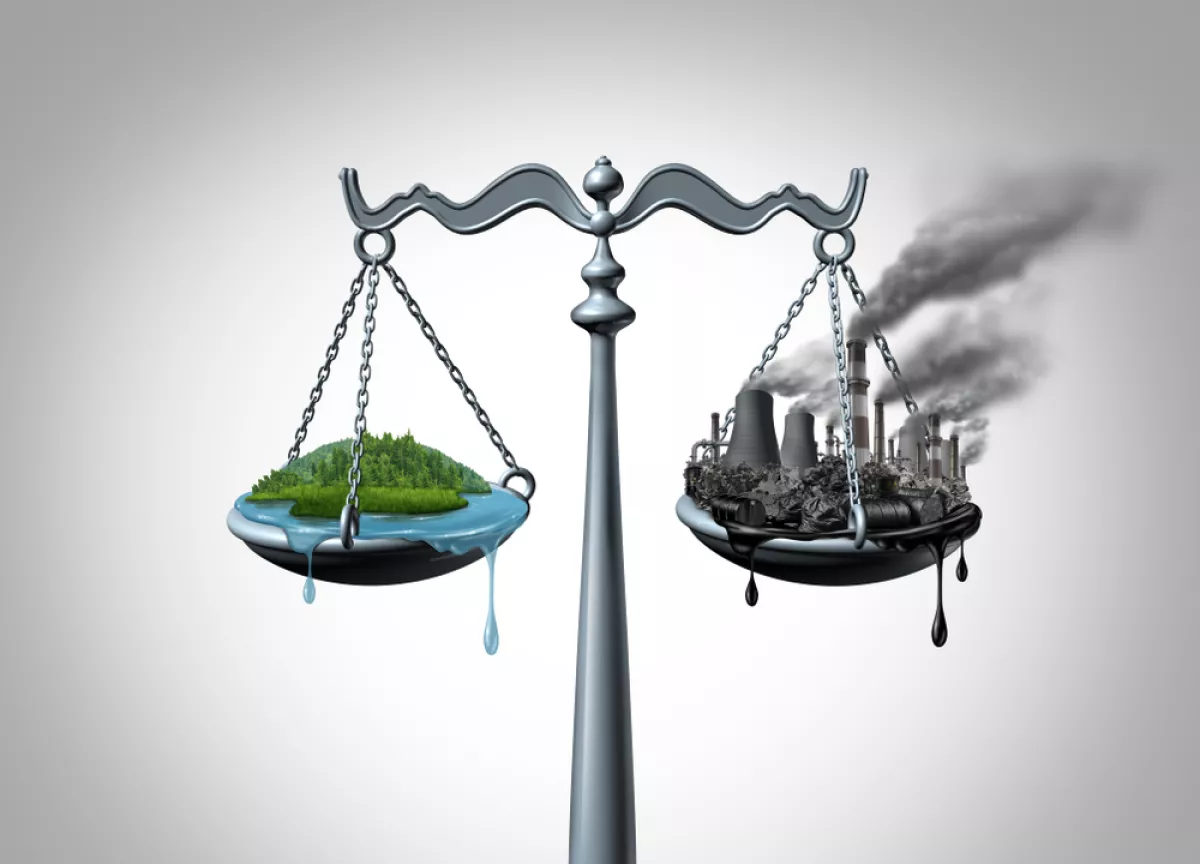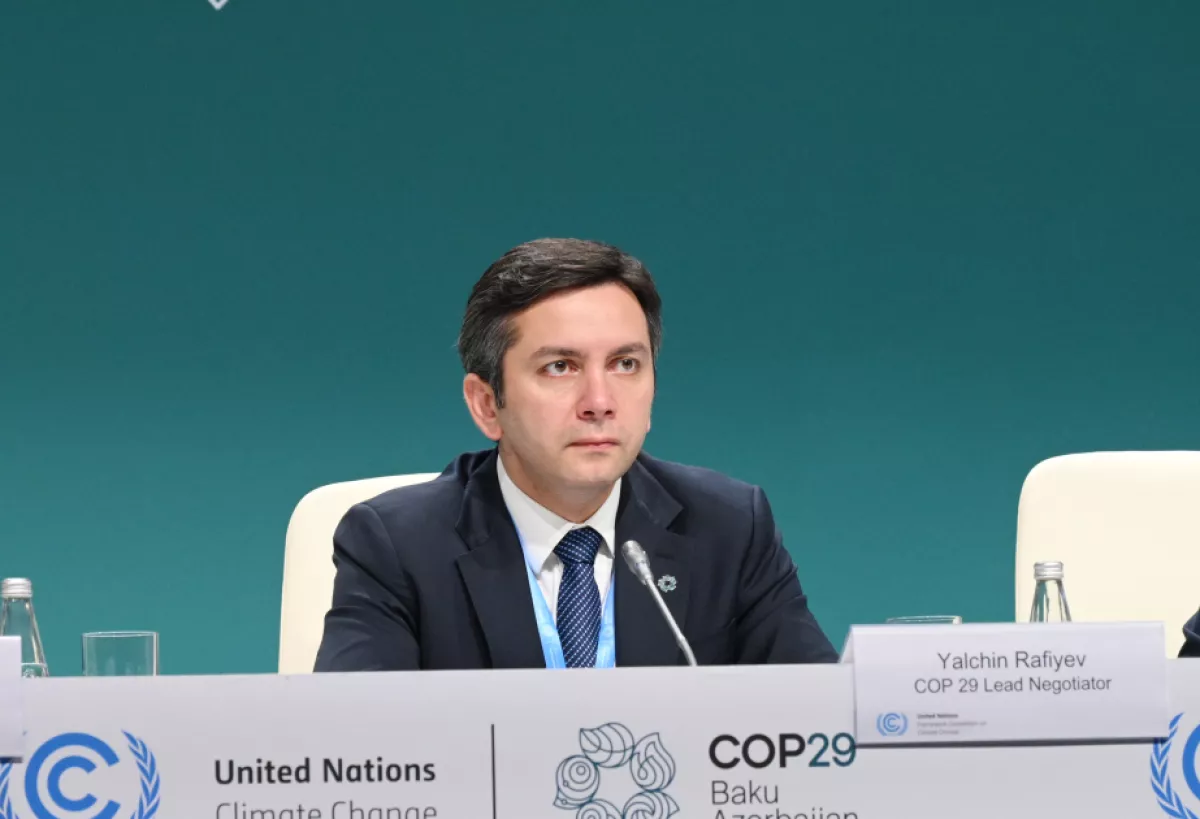France’s push to delay EU climate targets threatens Paris Agreement goals
As the European Union marks the tenth anniversary of the Paris Agreement, France is pushing for delays in setting the bloc’s upcoming climate milestones — a move that risks undermining the EU’s international climate commitments.
Despite positioning itself as the guardian of the landmark 2015 accord signed in Paris, France is reportedly joining forces with some of the EU’s more reluctant members to separate discussions on the bloc’s 2035 and 2040 climate targets, according to five officials from four different EU governments who spoke to POLITICO on condition of anonymity.
Two officials said French President Emmanuel Macron intends to raise the issue at the EU leaders’ summit in Brussels on June 26. Decoupling the two targets is more than a procedural matter; it would likely lead to the EU submitting a less ambitious 2035 target at this year’s global climate conference — a setback at a moment when international efforts are already faltering following the U.S. withdrawal from the Paris Agreement under the Trump administration.
“La France is leading” this initiative, one official said. However, the French Ecological Transition Ministry has denied that it supports separating the two targets, despite multiple reports from officials who said France has been promoting this position privately.
The 2040 target is legally mandated by the European Climate Law and is intended to bridge the emissions reduction gap between the current 2030 and the long-term 2050 goals. The European Commission is expected to propose a 90 per cent emissions reduction target for 2040 next week. In contrast, the 2035 goal is required under the Paris Agreement and must be submitted to the United Nations by the end of September. The Commission has suggested a 2035 target of 72.5 per cent, which would be a midpoint between the 2030 and 2040 targets.

A small group of countries—most notably Hungary and Poland, which frequently push back against the EU’s environmental ambitions—argue for decoupling the targets, citing the tight schedule for agreement. Their position is that the EU should finalize the 2035 target first and address 2040 later. France is now reportedly backing this approach.
Ahead of publication, French officials including those at the Ecological Transition Ministry and the country’s permanent representation in Brussels did not directly answer questions about the targets. After the report was released, a ministry official insisted the claims were untrue: “Our goal is not to decouple 2035 and 2040.”
Benjamin Haddad, France’s Europe minister, avoided directly answering questions but emphasised that “decarbonization and competitiveness must go hand in hand. Before rushing towards a new objective, let’s specify how we are going to achieve it and provide pragmatic support for our economic players.”
Most EU countries and the Commission have resisted calls to separate the targets, fearing such a move would weaken the bloc’s climate ambitions. The Commission wants an agreement on both goals by September.
Poland, which currently holds the rotating presidency of the EU Council, proposed decoupling during recent environment minister talks but gained limited support. “There was a long line of countries who said don’t split it up,” said one official who attended the meeting. Another warned that Macron’s plan to raise the issue at the EU leaders’ summit could only serve to make the bloc appear divided.
The 2035 targets, known as nationally determined contributions (NDCs) in UN terms, are central to this year’s COP30 climate summit in Brazil. Technical talks are currently underway in Bonn to prepare for the conference. If the EU fails to submit its NDCs by the September deadline, its commitments will not be included in the UN’s global tally, which tracks progress toward the Paris goals of limiting global warming to well below 2 degrees Celsius, ideally 1.5 degrees.
A delayed submission would also undermine the EU’s ability to influence major emitters like China at a time when many countries look to the bloc to fill the diplomatic vacuum left by the United States. “That would be an embarrassment,” said one official, noting the EU had already missed the UN’s original February deadline despite urging others to meet theirs.
This situation has not gone unnoticed by diplomats in Bonn. Yalchin Rafiyev, chief climate negotiator for Azerbaijan, which presided over last year’s COP29, said, “I know they have internal discussions. But last year, the EU pushed for everyone to submit by the deadline, and then they couldn’t keep their promise.”

Poland and Hungary contend that to save time, the EU should derive the 2035 target directly from its existing 2050 net-zero goal, effectively bypassing the controversial 2040 target. The Commission is expected to allow considerable flexibility in achieving the 2040 target, which is measured against a 1990 emissions baseline.
“We should be separating the legally binding 2040 targets and the NDC,” Hungary’s Environment State Secretary Anikó Raisz told reporters. She argued that member states need more time to discuss the 2040 target while still meeting the September deadline for NDC submissions. Separating the issues, she said, is necessary to “maintain the competitiveness of the European industry.”
However, two officials suspect the real motivation behind the push to decouple the targets is to weaken the EU’s climate efforts. “I call bullshit,” one said bluntly.
If the 2035 target cannot be based on the 2040 goal, the EU will likely use a simple linear path between its 2030 and 2050 commitments. This approach, favoured by Raisz, would lower the 2035 target to around 66 per cent emissions reduction, increasing overall emissions over the next decades compared to the 72.5 per cent goal.
“That would send a really bad signal” to the world, the second official warned. While the EU could submit a range of targets—as Brazil has done—this would be “a horrible compromise.”
For context, the UK’s NDC sets an 81 per cent emissions reduction for 2035, while Switzerland’s aims for 65 per cent.
One official blamed the Commission for the tight timeline, noting it had planned to propose the 2040 target by the end of March but had delayed it due to insufficient government support.
The official expressed surprise that France would risk damaging the EU’s global climate stance. “In my experience, every Frenchman sits up a little straighter when you mention the Paris Agreement. They see that as their thing.”
An official from the Élysée Palace said on June 25 that climate would be discussed at Thursday’s summit, although draft conclusions only mentioned revisiting competitiveness and green and digital transitions in October.
A Polish official confirmed Warsaw had proposed decoupling the targets. The European Commission declined to comment.
Denmark, set to assume the rotating presidency of the Council of the EU next week and lead climate discussions, has vowed to push for a “2035 target derived from the EU’s 2040 target.”
By Tamilla Hasanova








